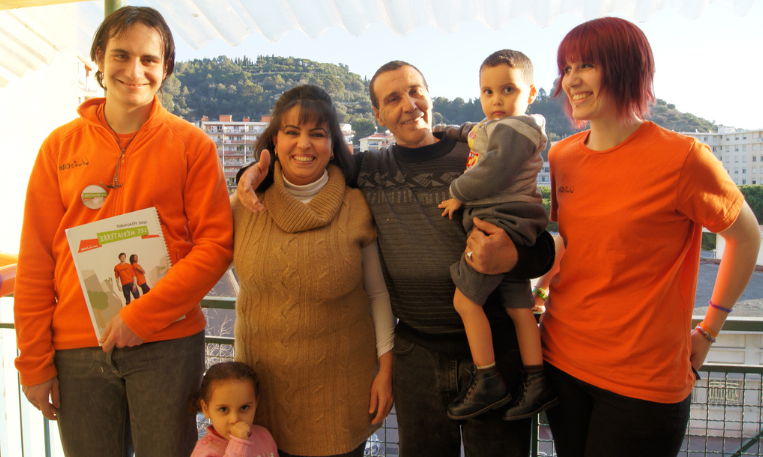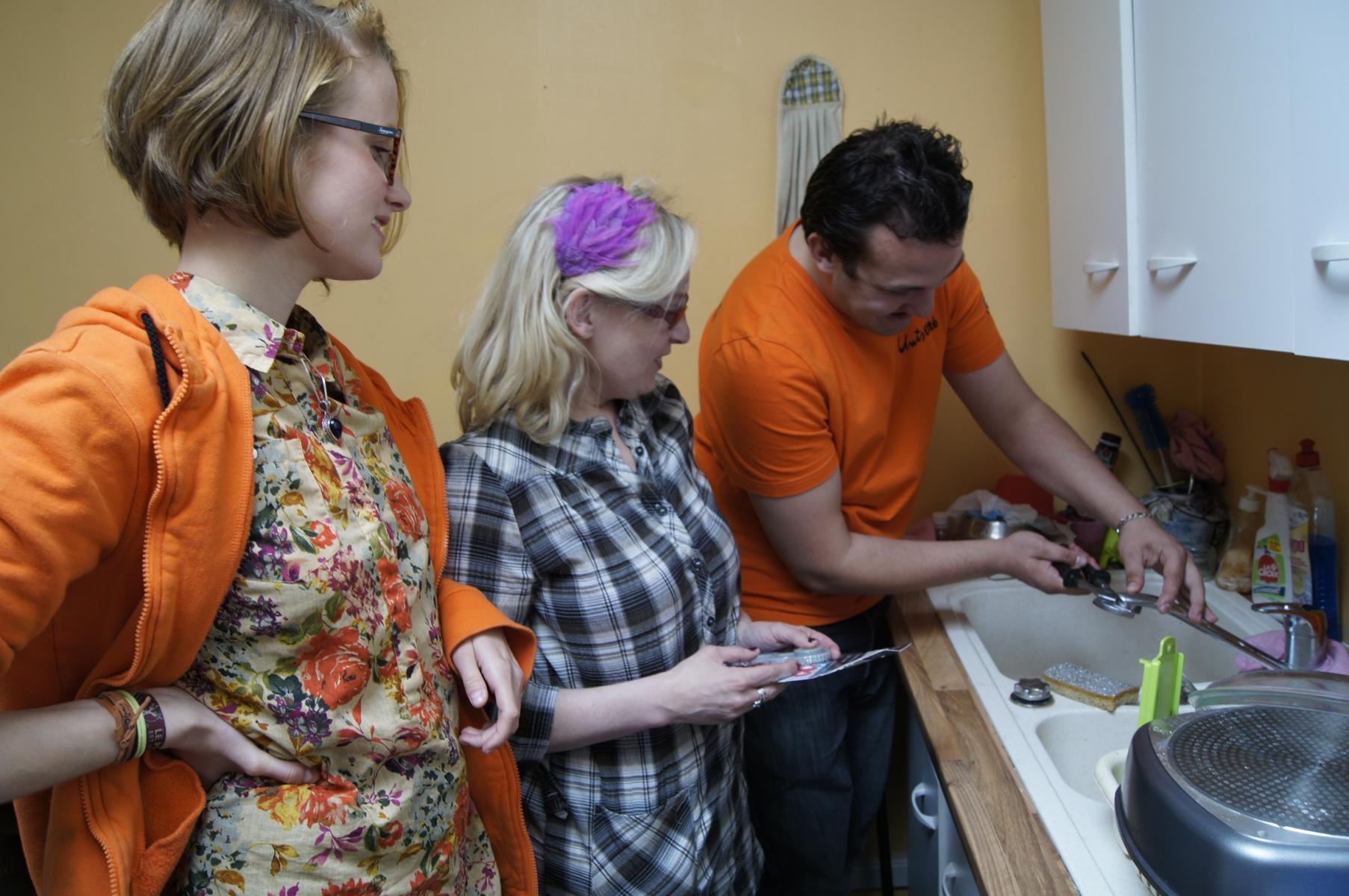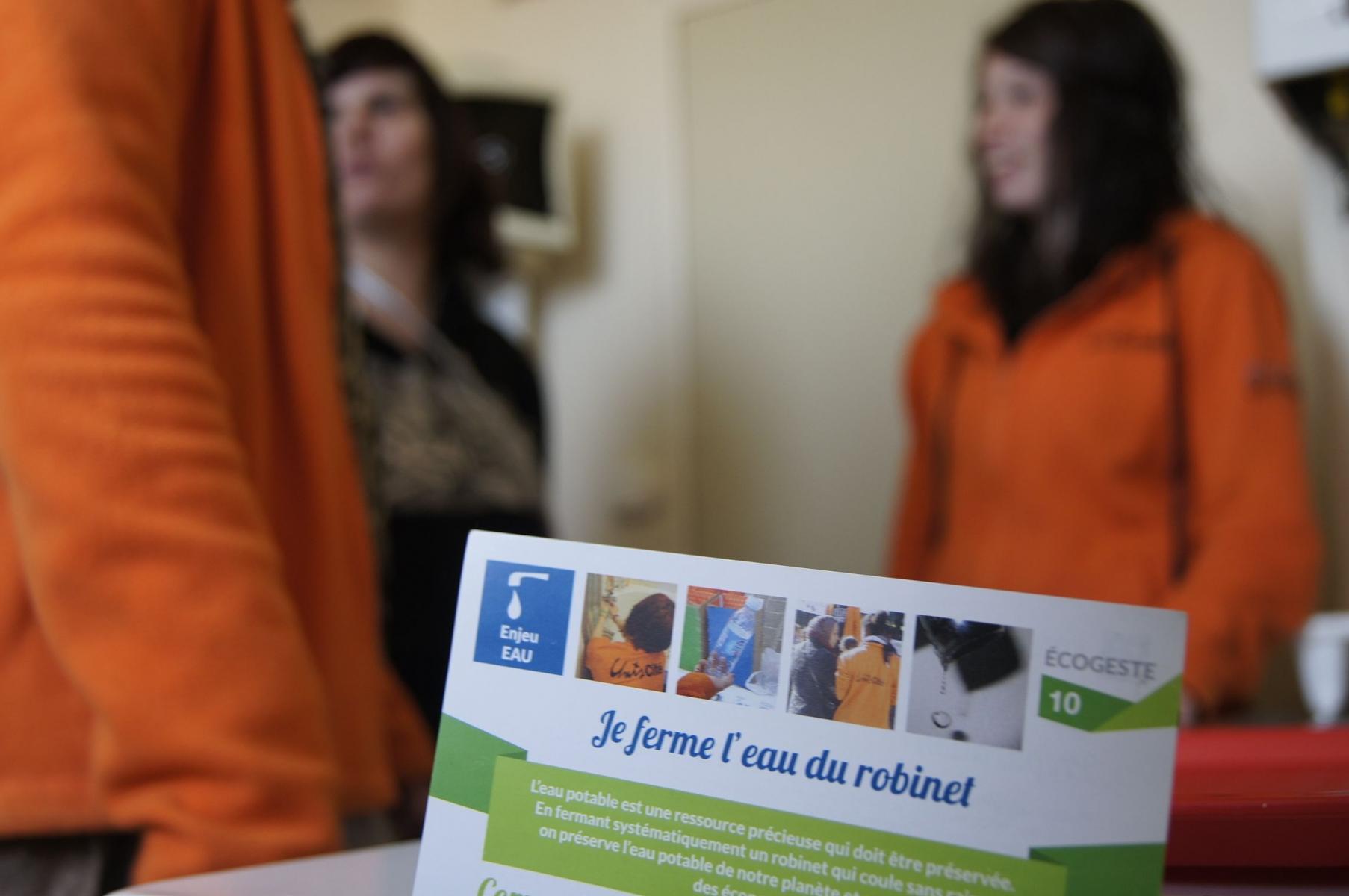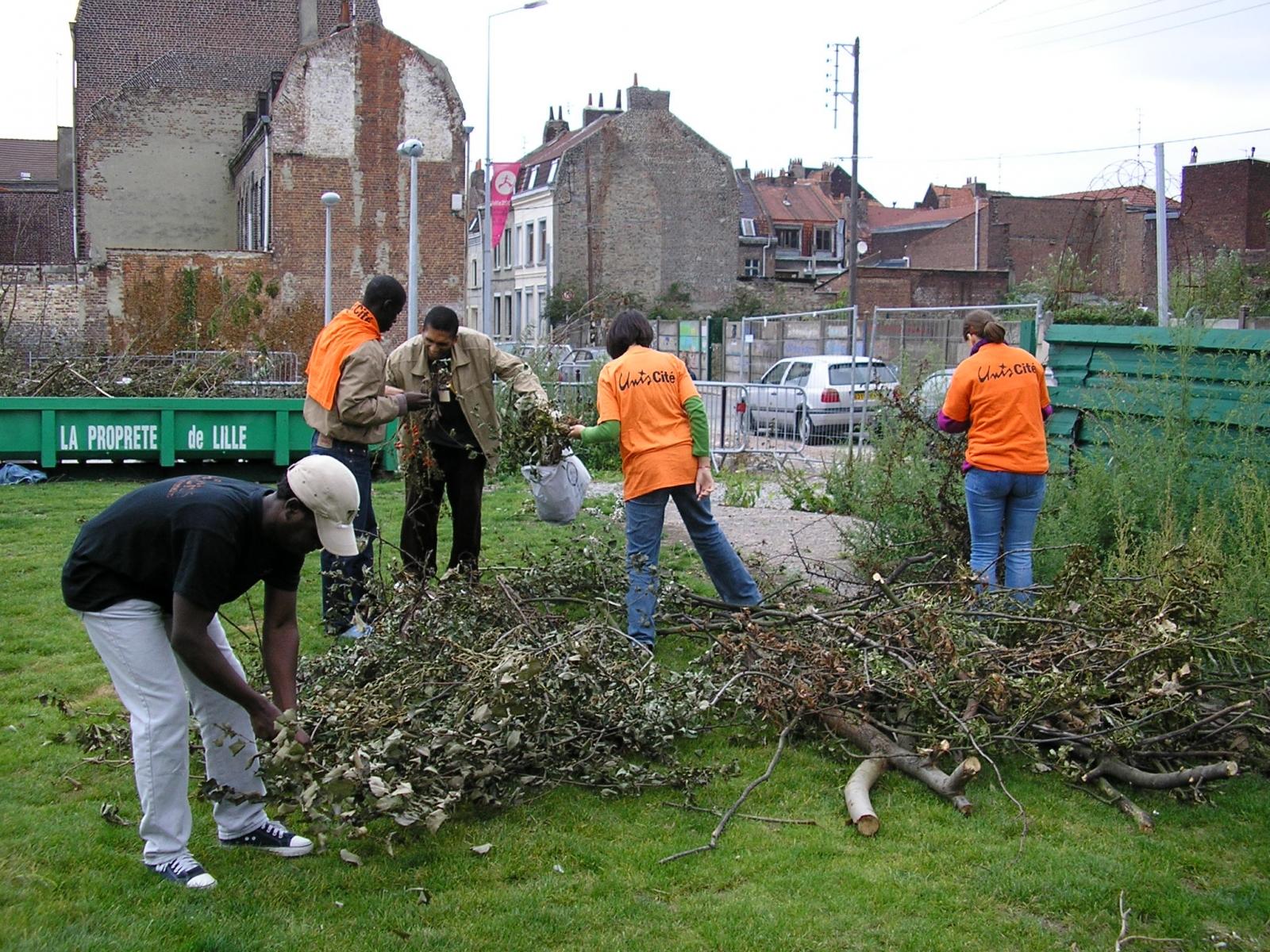
Environment and Biodiversity
Place
France
Sponsors
Anne du Crest
Atika Doukali
Dominique Boizeau
Grants
€25,000 granted by the 29/9/09 Selection Committee.
€25,000 granted by the 1/12/09 Selection Committee.
€70,000 granted by the 22/6/10 Selection Committee.
€60,000 granted by the 19/12/12 Selection Committee.
€50,000 granted by the 15/10/13 Selection Committee.
€50,000 granted by the 17/10/14 Selection Committee.
€40,000 granted by the 04/04/16 Selection Committee.
Project leader
“Having been a project sponsor for five years, I wish to praise the personal support and solidarity work done by all these young volunteers who have chosen to devote nine months of their lives to the greater good.”
Atika Doukali
For a large swathe of the population, there is no longer any doubt about the need to conserve the environment and consume fewer resources. There is real awareness about the issue and people are changing their behaviour, whether by sorting waste, choosing a different mode of transport or opting for energy-efficient appliances and devices. However, the most deprived families have to contend with more immediate priorities and are generally less well equipped to change their habits in this area. They sometimes lack the resources or alternatives and most often lack support, while in reality energy takes up a larger part of their budget compared with well-off households.

Unis-Cité, a non-profit which since 1995 has been organizing civic service schemes for young volunteers aged 18-25 to meet priority social needs, decided to launch a wide-ranging programme to meet this key challenge: help the largest possible number of people to change their behaviour. As a result, the non-profit launched MédiaTerre in 2009, a trial project which has now become a permanent initiative. The aim is to help each and every citizen, particularly the most vulnerable, to take action by galvanising the Unis-Cités volunteers, who are young people who commit to doing six to nine months of voluntary civic service.
Médiaterre: Eco-citizens all!
In 2014/2015, the Veolia Foundation is renewing its support to Unis-Cité by investing in engineering and national coordination of the project while participating in the deployment of new Médiaterre branches in several major cities of France.
Eco-friendly habits ambassadors
As true ambassadors for eco-friendly habits, the volunteers proved, on the eight pilot sites selected in 2009 in the Paris Region and in Northern France, just what they could contribute to this social and environmental initiative. 124 eco-volunteers in the Paris Region, Northern France, Bordeaux, Nantes and Reims supported 550 families during the programme’s first year. The young people worked directly with the families, who learned new ways of saving energy in all the rooms of the home, looked into ways of saving water, improved waste sorting and bought fresh and seasonal produce etc. The Médiaterre volunteers were also tasked with organizing communication in the neighbourhoods, training families, undertaking in-programme evaluations and arranging educational outings.
Veolia actively supported the programme in the Paris Region. For instance, the Veolia Campus was used to train the young eco-volunteers at the start of their assignment (four-day sessions) and experts were on hand to answer all their questions. The Veolia Foundation has also supported this programme by promoting the activities run for families in Villiers-le-Bel and Champigny-sur-Marne, i.e. 64 families supported by 16 eco-volunteers. Unis-Cité decided to roll out the project in other areas in 2010 in light of the results obtained.

Hundreds of families educated
The second initiative took place from October 2010 to June 2011 and 48 volunteers worked with 190 to 240 families in three towns in the suburbs of Paris, while a further 70 volunteers supported 280 to 350 households in nine districts in the Nord Pas-de-Calais Region. The Médiaterre volunteers really engaged with the neighbourhoods, going from door-to-door, telephoning families, setting up information stands at the entrances to blocks of flats and running information sessions in order to recruit families who would then be visited in their homes and whose homes would be assessed. The volunteers then worked with the families to choose the 10 eco-habits they wished to implement.
From November 2015 to June 2016 a further initiative was rolled out by 365 volunteers in 66 neighbourhoods in France. The programme has also been implemented in Montpellier and Lille. The renewed support of the Veolia Foundation also enabled the project to move up a gear in terms of volunteer training.
Volunteers with valued skills
The rollout of the Médiaterre programme led to an external evaluation being conducted by Nuova Vista consultants in 2015-16 to assess the financial impact of the eco-habits. The study went one step further by auditing the work done on skills certification. Unis-Cité undertook to adapt the SuLiTest (sustainable literacy test) in order to identify the skills developed when undertaking civic service and which can be highlighted when looking for employment in the environment sector. The end goal is to make Médiaterre volunteers more employable. The adapted version of the SuLiTest – known as the sustainable development TOEFL – will be offered to volunteers at the end of the scheme in order to certify their level of knowledge.

Unis-Cité has set up a working group with Kedge Business School (the SuLiTest creators) and will trial the questionnaire on 50 Médiaterre volunteers in 2016 in order to achieve the objective of certifying their knowledge.
The aim of promoting eco-friendly behaviour in low-income families now goes hand-in-hand with a desire to raise the standing of the volunteers’ skills in order to enhance their career opportunities.

